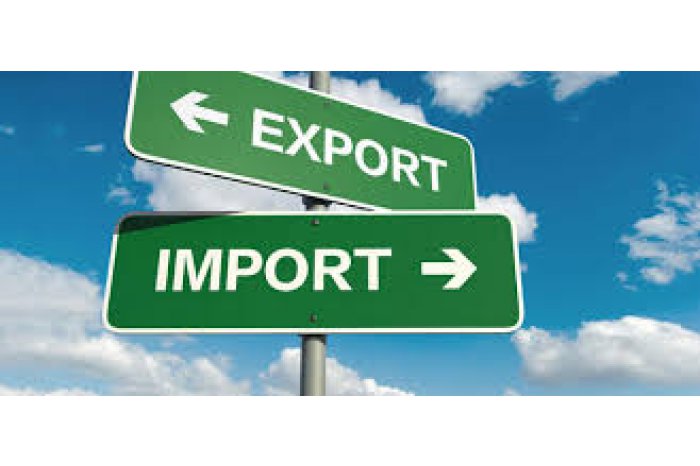Illicit flow of capital in Moldova's foreign trade increases
16:18 | 09.03.2020 Category: Economic
Chisinau, 9 March /MOLDPRES/ - The illicit flow of capital in Moldova’s foreign trade is increasing and amounts to 1.4 billion dollars annually. According to a new report of the Global Financial Integrity Organization on the Illicit Flow of Capital, analyzed by economist of the Viitorul institute, Veaceslav Ionita, the increase of the illicit flow of capital, related to the foreign commerce volume, obliges the re-assessment of the earlier estimations.
Veaceslav Ionita said that the illegal flows of capital were made through four classical schemes: under-valuing of imports, on the purpose of fiscal evasion; overvaluing of imports, in order to embezzle public money and its illicit taking out of the country; undervaluing of exports, on the purpose of fiscal evasion and illegal taking out of capital from the country and overvaluing of exports, in order to introduce illicit money from abroad into Moldova.
„A half of the sum of 1.4 billion dollars comes from undervalued imports, which allows the entering from 600 to 700 million dollars in the country annually. All this money reaches the country’s shadow economy. In 20 years, the sum amounts, according to our estimations, to 7.8 billion dollars. This money gets to the payment of salaries in envelopes and bribes for civil servants,” the economist said.
The second scheme, Ionita said, consists in the illegal taking out of money from the country and overvaluing of imports. Between 350 and 400 million dollars is annually taken out from Moldova through this scheme. As a rule, phantom companies from offshore zones are involved in these schemes, which increase the price and money is thus illegally taken out of the country.
At the same time, through procurements at exaggerated prices, the state and the regulated companies, during ten years, took out at least 3.2 billion dollars from Moldova, Veaceslav Ionita said.
The third scheme, through which 170-200 million dollars get out of Moldova, is enforced through low prices for exports. By this mechanism, money reaches accounts of an offshore firm. For instance, a company from Moldova has an asset of ten million dollars and sells its to an offshore company against five million dollars, which sells it to another company against ten million dollars and the difference remains on accounts of the company from the fiscal paradise.
The economist said that a similar scheme was made through export at black-market price, through which 800-100 million dollars enter Moldova annually. As a rule, agricultural companies, the value of production of which is hard to estimate, are used in this scheme. The goods at back market price are sold to an offshore company. Subsequently, this company sells the goods to a real buyer and at a normal price and the over-sum paid is nothing but the mechanism to bring the money “legally” from offshore areas, through sale and purchase transactions.
As a conclusion, Ionita said that the authorities should cooperate with the development partners, in order to diminish the phenomenon of illicit flow of capital, which turns Moldova’s economy vulnerable and compromises the collection of revenues to the National Public Budget. “At the same time, it is necessary to work out a mechanism, in order to bring the money into legal field, which is presently money in form of assets and properties with doubtful status inside the country or stays in fiscal paradises,” Veaceslav Ionita said.
Moldova is on the 46th position in the world ranking on illicit capital, at the same level with the Fiji state and Togo from Africa. Bahamas is on the top of this ranking. In the region, Russia ranks 18th, Ukraine is on the 53rd position and Romania - on 72nd one.

